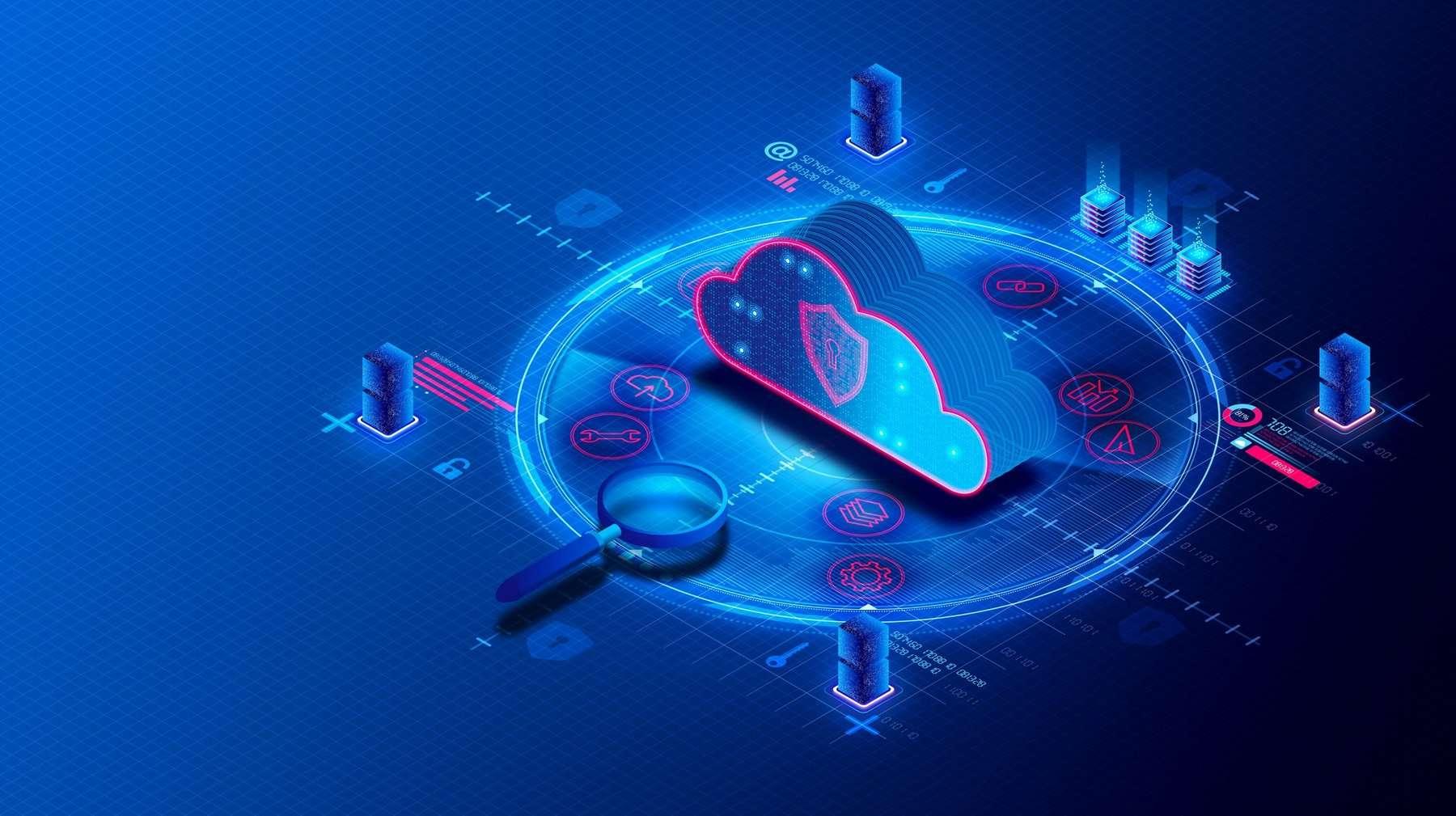What Is Digital Engineering and Its Relation to DevSecOps?


`121The whole purpose of DevSecOps is to allow security professionals and developers a shared understanding of what they are doing and why. Digital engineering can be performed in a digital transformation company, a discipline that takes the best practices from software development, puts them into a structured methodology, and applies them to production systems.
Digital engineering is the practice of designing, coding, testing, and running applications in an automated way to achieve consistency. The goal of digital engineering is reducing defects, increasing quality, decreasing time to market. It does so by using test-driven development (TDD), and improving productivity while maintaining safety. DevSecOps achieves this with automation via continuous integration (CI).
This Is A List Of Considerations For Digital Engineers And Non-Digital Engineers In Terms Of The Devsecops Cultural Changes That Are Taking Place
DevSecOps is a cultural change that affects both digital engineers and non-digital engineers. Both groups need to understand the changes that are taking place so they can prepare appropriately for them. This article will help you know some of those considerations, including the following.
- What is DevSecOps?
- What are the cultural changes that are taking place?
- What are some considerations for digital and non-digital engineers regarding the DevSecOps cultural changes that are taking place?
Digital Engineers Must Create Technical Documentation In Advance Of Development Efforts
This documentation should be reviewed by the DevSecOps team in a digital transformation company, who will ensure that it’s accurate and complete. The digital engineer is responsible for writing and maintaining this documentation throughout your project’s lifecycle.
Non-Digital Staff Must Advocate For Better Documentation
You can’t rely on your team members to support better documentation. They may not even understand the importance of it in the first place. You have to teach them that documenting is key to communicating with others and getting things done efficiently.
Non-Digital Staff Must Align With A Digital Team Around Project Documentation Requirements
Non-digital staff may be responsible for certain aspects of a project, such as managing schedules and budgets. Still, they must also understand that the success or failure of their work depends on its documentation.
In this role as manager/leader, you need to ensure that all members of your non-digital team are willing and able to take on these responsibilities by collaborating closely with them throughout the life cycle of each project.
Coordinat.ion Between Sites And Vendors Is Critical To Tracking Issues And Resolving Them Efficiently
In an ideal world, you would have one person on your team who understands all of the technology used by your company. This person would be able to quickly understand where problems occur in the system and how to fix them. However, this isn’t always possible for various reasons:
- The nature of each organization’s business model means that different teams may be responsible for some aspects of running their IT infrastructure while others are responsible for others.
- Each site may have requirements regarding what type (or types) of hardware should be used within its network.
- There might even be multiple vendors providing services such as server hardware or cloud solutions whose interactions with each other could be clarified if planned carefully.
Both Digital And Non-Digital Groups Need To Adopt A Different Mindset Around Documentation To Make Devsecops Work Well Together
As a digital engineer, you have a lot of great tools at your disposal. You can use software like Git and GitHub to manage source code and collaborate with other engineers. But what about non-digital engineers? There are so many ways they can contribute to a DevSecOps project without being technical experts. They also just need an understanding of documentation!
Conclusion
Digital engineering is the term used to describe using computer technology to implement digital processes and products, primarily as a sub-discipline of information technology. It is also known as “digital transformation” or “digital transformation management.”
Share This Article
`121The whole purpose of DevSecOps is to allow security professionals and developers a shared understanding of what they are doing and why. Digital engineering can be performed in a digital transformation company, a discipline that takes the best practices from software development, puts them into a structured methodology, and applies them to production systems.
Digital engineering is the practice of designing, coding, testing, and running applications in an automated way to achieve consistency. The goal of digital engineering is reducing defects, increasing quality, decreasing time to market. It does so by using test-driven development (TDD), and improving productivity while maintaining safety. DevSecOps achieves this with automation via continuous integration (CI).
This Is A List Of Considerations For Digital Engineers And Non-Digital Engineers In Terms Of The Devsecops Cultural Changes That Are Taking Place
DevSecOps is a cultural change that affects both digital engineers and non-digital engineers. Both groups need to understand the changes that are taking place so they can prepare appropriately for them. This article will help you know some of those considerations, including the following.
- What is DevSecOps?
- What are the cultural changes that are taking place?
- What are some considerations for digital and non-digital engineers regarding the DevSecOps cultural changes that are taking place?
Digital Engineers Must Create Technical Documentation In Advance Of Development Efforts
This documentation should be reviewed by the DevSecOps team in a digital transformation company, who will ensure that it’s accurate and complete. The digital engineer is responsible for writing and maintaining this documentation throughout your project’s lifecycle.
Non-Digital Staff Must Advocate For Better Documentation
You can’t rely on your team members to support better documentation. They may not even understand the importance of it in the first place. You have to teach them that documenting is key to communicating with others and getting things done efficiently.
Non-Digital Staff Must Align With A Digital Team Around Project Documentation Requirements
Non-digital staff may be responsible for certain aspects of a project, such as managing schedules and budgets. Still, they must also understand that the success or failure of their work depends on its documentation.
In this role as manager/leader, you need to ensure that all members of your non-digital team are willing and able to take on these responsibilities by collaborating closely with them throughout the life cycle of each project.
Coordinat.ion Between Sites And Vendors Is Critical To Tracking Issues And Resolving Them Efficiently
In an ideal world, you would have one person on your team who understands all of the technology used by your company. This person would be able to quickly understand where problems occur in the system and how to fix them. However, this isn’t always possible for various reasons:
- The nature of each organization’s business model means that different teams may be responsible for some aspects of running their IT infrastructure while others are responsible for others.
- Each site may have requirements regarding what type (or types) of hardware should be used within its network.
- There might even be multiple vendors providing services such as server hardware or cloud solutions whose interactions with each other could be clarified if planned carefully.
Both Digital And Non-Digital Groups Need To Adopt A Different Mindset Around Documentation To Make Devsecops Work Well Together
As a digital engineer, you have a lot of great tools at your disposal. You can use software like Git and GitHub to manage source code and collaborate with other engineers. But what about non-digital engineers? There are so many ways they can contribute to a DevSecOps project without being technical experts. They also just need an understanding of documentation!
Conclusion
Digital engineering is the term used to describe using computer technology to implement digital processes and products, primarily as a sub-discipline of information technology. It is also known as “digital transformation” or “digital transformation management.”




